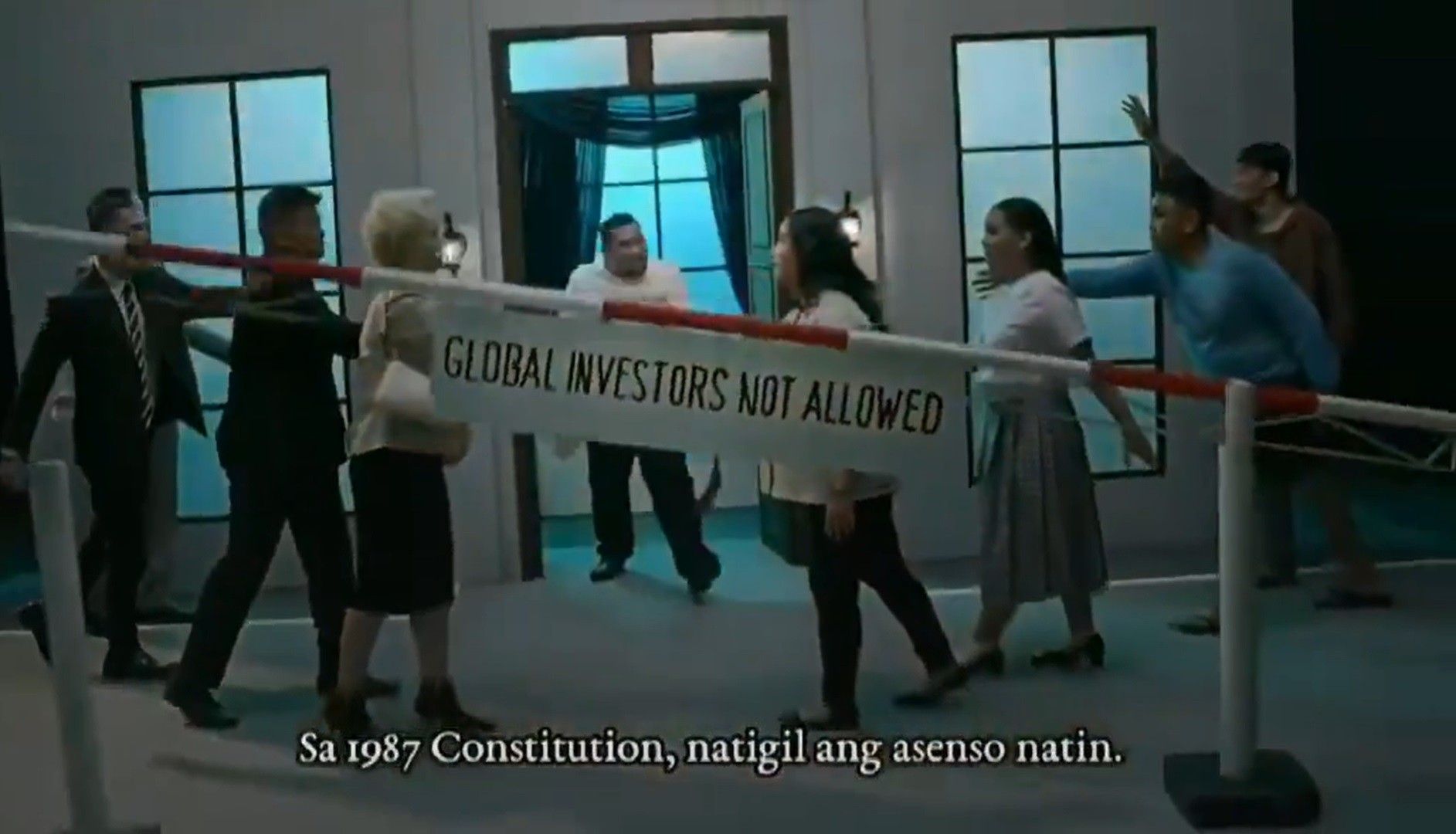‘All about greed': Motives of Cha-cha proponents questioned

MANILA, Philippines — Minority lawmakers have raised concerns about the true intentions of those behind the campaign to change the 1987 Constitution, questioning both the timing and legitimacy of the push to liberalize economic provisions of the Charter that were crafted precisely to protect the nation’s interests.
Sen. Risa Hontiveros has flagged the reported “People’s Initiative” being carried out across several provinces — which have been marred by allegations of vote-buying — and raised doubts over the origins of the signature drive.
Meanwhile, House Deputy Minority Leader Rep. France Castro (ACT Teachers) has questioned the need for Charter change at all and warned that the proposed economic tweaks could serve as a pretext for political amendments.
“It’s not right to call the petition a ‘People’s Initiative’ because this did not come from the people themselves,” Hontiveros said in Filipino.
“This well-funded, well-oiled campaign is not about the people - it is all about greed and the desire to act with zero accountability to the nation,” Hontiveros added.
The senator also criticized the actual demand of the People’s Initiative campaign, which is for both chambers of Congress to “vote jointly” during a Constituent Assembly, which would give the House an upper hand in the voting process as they outnumber the 24-member Senate.
Hontiveros stressed that the sole intention of those behind the signature drive is to sideline the upper chamber.
“Let us be clear: the reported 'people's initiative' is not about any economic or political reforms in the Constitution. The form that is supposedly circulating did not mention anything about it,” the senator added.
Hontiveros has also called on Filipinos to keep each other informed and to avoid being “deceived.”
“We will not allow their planned deceit and disrespect for our Constitution to be an easy, one-sided battle. We will confront their schemes with a strong fight,” Hontiveros said.
Similarly, Castro has criticized both chambers’ push to amend the Charter and stressed that relaxing the restrictions on foreign ownership in the country is not necessary to revive the economy.
Citing data from economic think tank IBON Foundation, Castro said that the increasing inflow of foreign direct investments (FDI) since 1970 has not resulted in significant economic development.
“The Philippines actually has more foreign investment today than South Korea, Taiwan or China did in their respective periods of economic take-off – pretty much confirming that large amounts of foreign investment is neither necessary nor sufficient for development,” Castro said.
Attracting more foreign investments “may help, but as history demonstrated, it cannot be relied upon,” Castro said.
“What we need is nationalist industrialization coupled with genuine agrarian reform. The trend now for many countries is to become protectionists so that they can use their own resources and not be dependent on other countries," she added.
Earlier, opposition lawmaker Rep. Edcel Lagman (Albay, 1st District) warned that moves by the Senate and the House to change the Constitution would ultimately greenlight the lifting of restrictions on foreign ownership in the country even if lawmakers vote separately.
“The victim will be the nation’s patrimony when sensitive enterprises like public service, education, media and advertisement will be open to alien control and domination,” Lagman said.
- Latest
- Trending






























